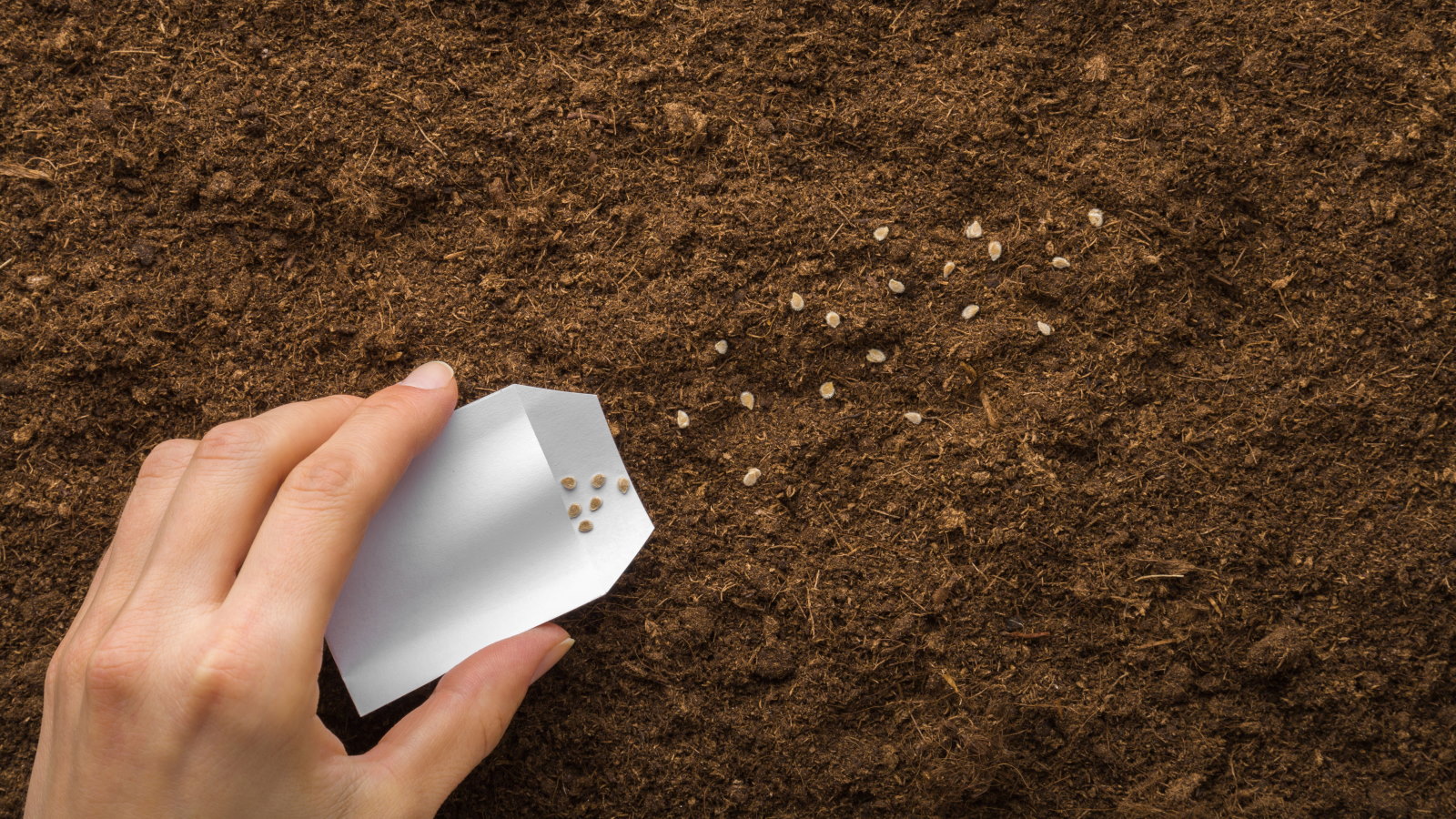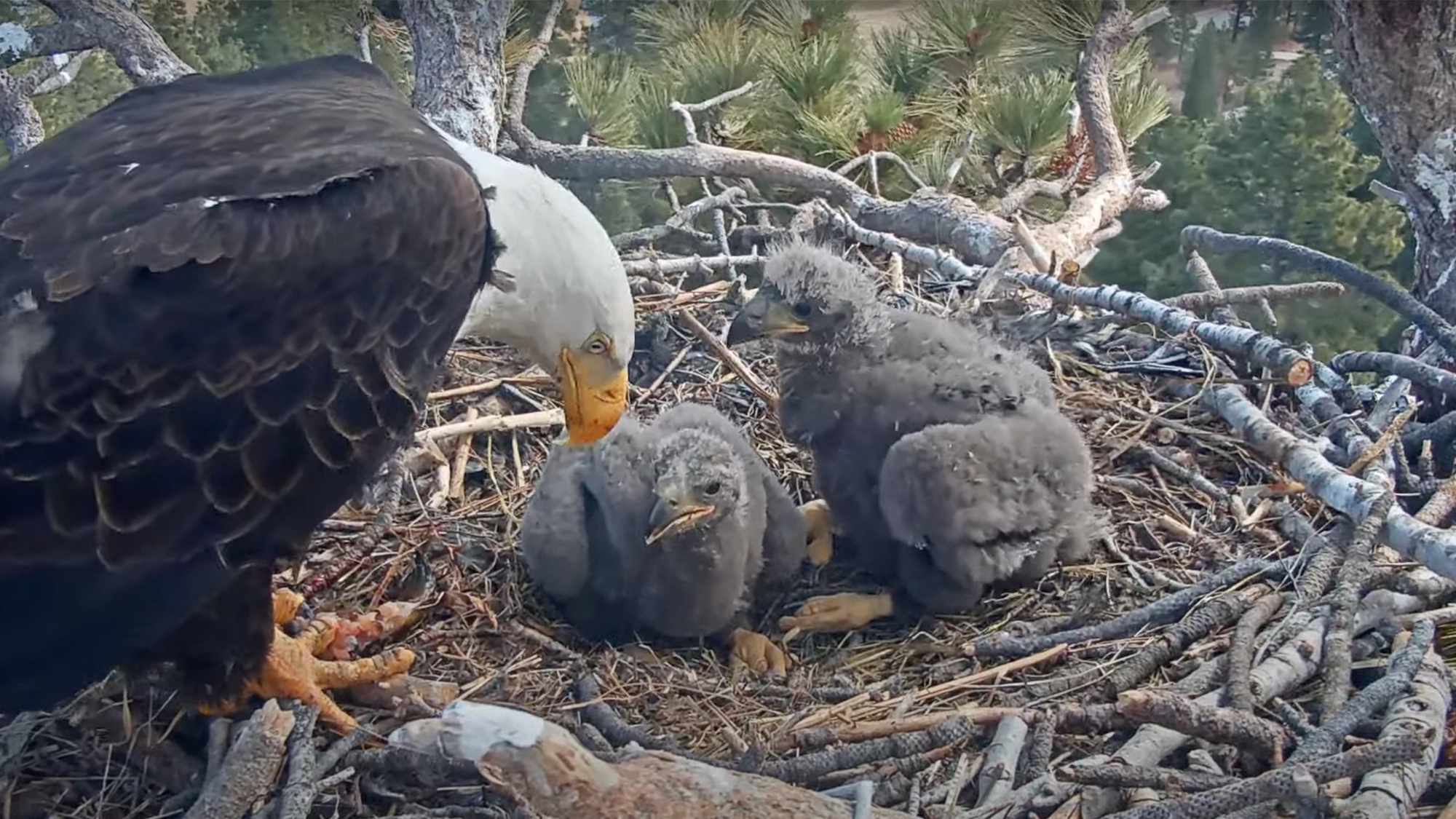
Pigeons are frequent visitors in most UK gardens and while the large birds aren’t inherently dangerous, they are generally considered pests. The birds can cause damage to garden plants by pecking and tearing at leaves, and due to their aggressive feeding habits, they can deter smaller birds from visiting as they are intimidated by their larger size, meaning other wildlife have less access to food. Now that spring has arrived , there will be increased wildlife activity in gardens and if you have bird feeders , this can result in overcrowding as the birds tend to flock in large numbers.
Wildlife experts say this can lead to physical damage to feeders and perches, which in turn will make it more difficult for smaller bird species to get access to food. To help combat this problem, it’s recommended that gardeners offer two particular types of seed on feeders that are less appealing to pigeons, thereby freeing up more food for other birds. Experts say pigeons don’t particularly like safflower seeds or nyjer seeds, so these are good options to offer in your garden if you want to keep the large birds at bay.

Safflower seeds have a hard, white shell and have a bitter flavour, making them less appealing to pigeons who tend to eat seeds whole, while nyjer seeds are small and so are favoured by small birds like finches and siskins. Wildlife expert and head of production Richard Green from Kennedy Wild Bird Food & Pet Supplies explains: “Certain types of bird food, like safflower seeds and nyjer seeds, are less appealing to pigeons but still highly attractive to smaller birds. By choosing these less attractive options, you can naturally reduce the presence of pigeons at your feeders.
" It’s also recommended that if you have a bird feeder in your garden, you should add a cage around it as this allows small birds to still reach the food but larger birds, like pigeons, won’t be able to get to it. Mr Green adds: “Pigeons tend to flock in large numbers, which often causes overcrowding at feeders. This additional strain can cause physical damage to feeding ports, perches, and other components, making it difficult for smaller bird species to access food.
"Pigeons have strong beaks that can exert force when pecking at feeders, especially those made from softer materials. Over time, this can lead to significant wear and tear, making the feeder less effective and potentially unsafe for the intended bird species. "Mesh cages are a great physical barrier to keep pigeons away from your bird feeders.
These cages allow smaller birds to pass through and access the food while blocking larger birds like pigeons from doing the same.".















